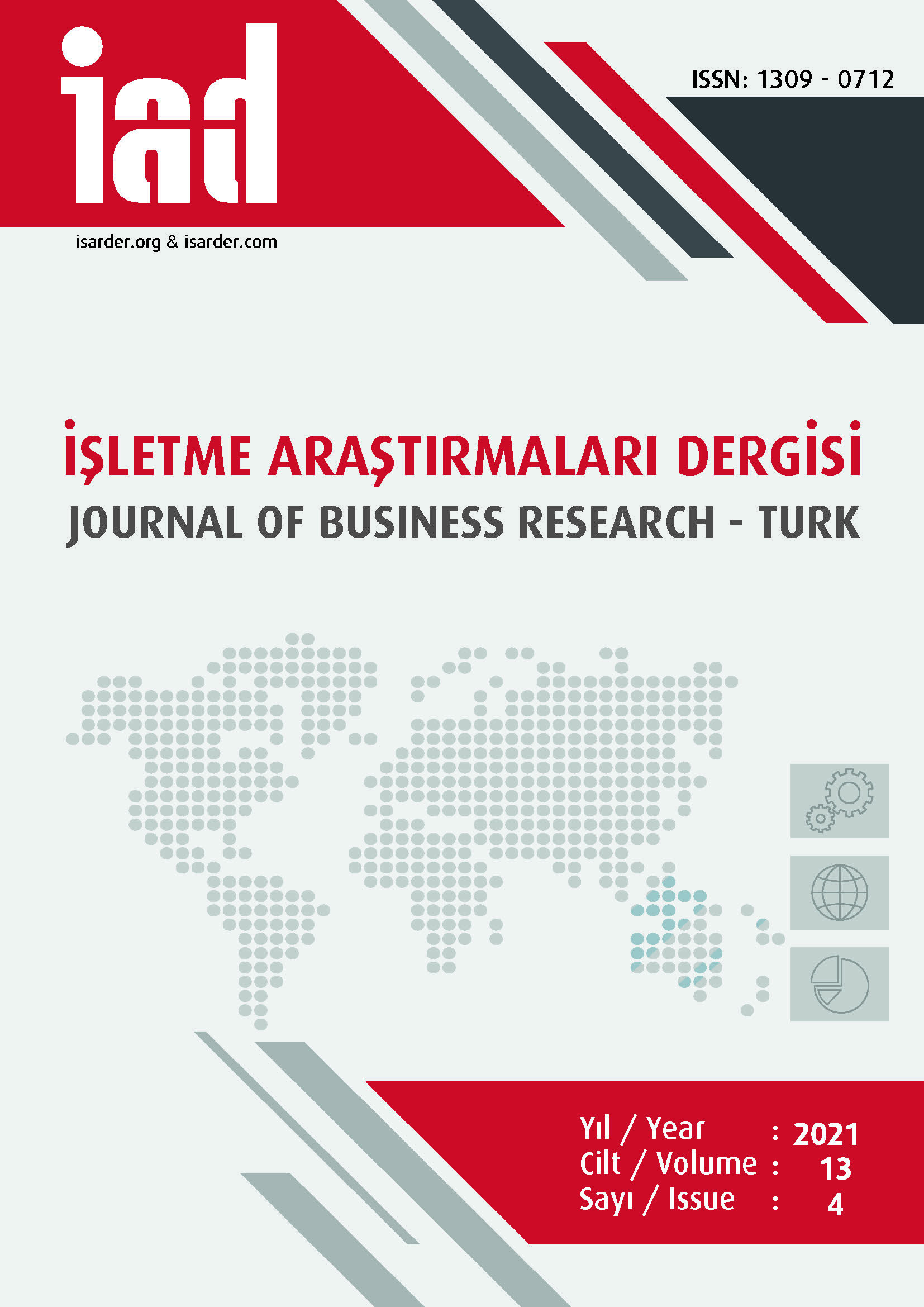(The Effect of Self-Confidence and Career Adaptability on Personal Growth Initiative)
DOI:
https://doi.org/10.20491/isarder.2021.1319Keywords:
Inner self-confidence, External self-confidence, ConfidenceAbstract
Purpose – The purpose of this study is to investigate whether the self-confidence variable, which expresses the confidence that a person has in overcoming problems and difficulties and achieving his goals, and career adaptability variable, which expresses the ability to adapt to career-related situations, influences personal growth initiative, which expresses the individual's propensity for development. Design/methodology/approach – The research was carried out by general survey model, which is one of the quantitative research methods. Research data were obtained through face-to-face questionnaires with 205 university students selected by convenience sampling method. The data obtained in the study were evaluated with the Partial Least Squares - Structural Equation Model (PLSSEM) analysis program SmartPLS3. Findings – According to the findings, anxiety and curiosity, which are the sub-dimensions of career adaptability, and internal self-confidence have a significant and positive effect on taking personal growth initiative, while external self-confidence, control and confidence have no positive and significant effect on taking individual development initiative. Discussion – It is understood that individuals with high internal self-confidence, curiosity and future anxiety have higher levels of taking personal growth initiative. Accordingly, efforts should be made to make individuals more self-confident and more adaptable with the needs of their careers to develop the individual growth initiative for the future and career of the person.
Downloads
Published
How to Cite
Issue
Section
License

This work is licensed under a Creative Commons Attribution-NoDerivatives 4.0 International License.





